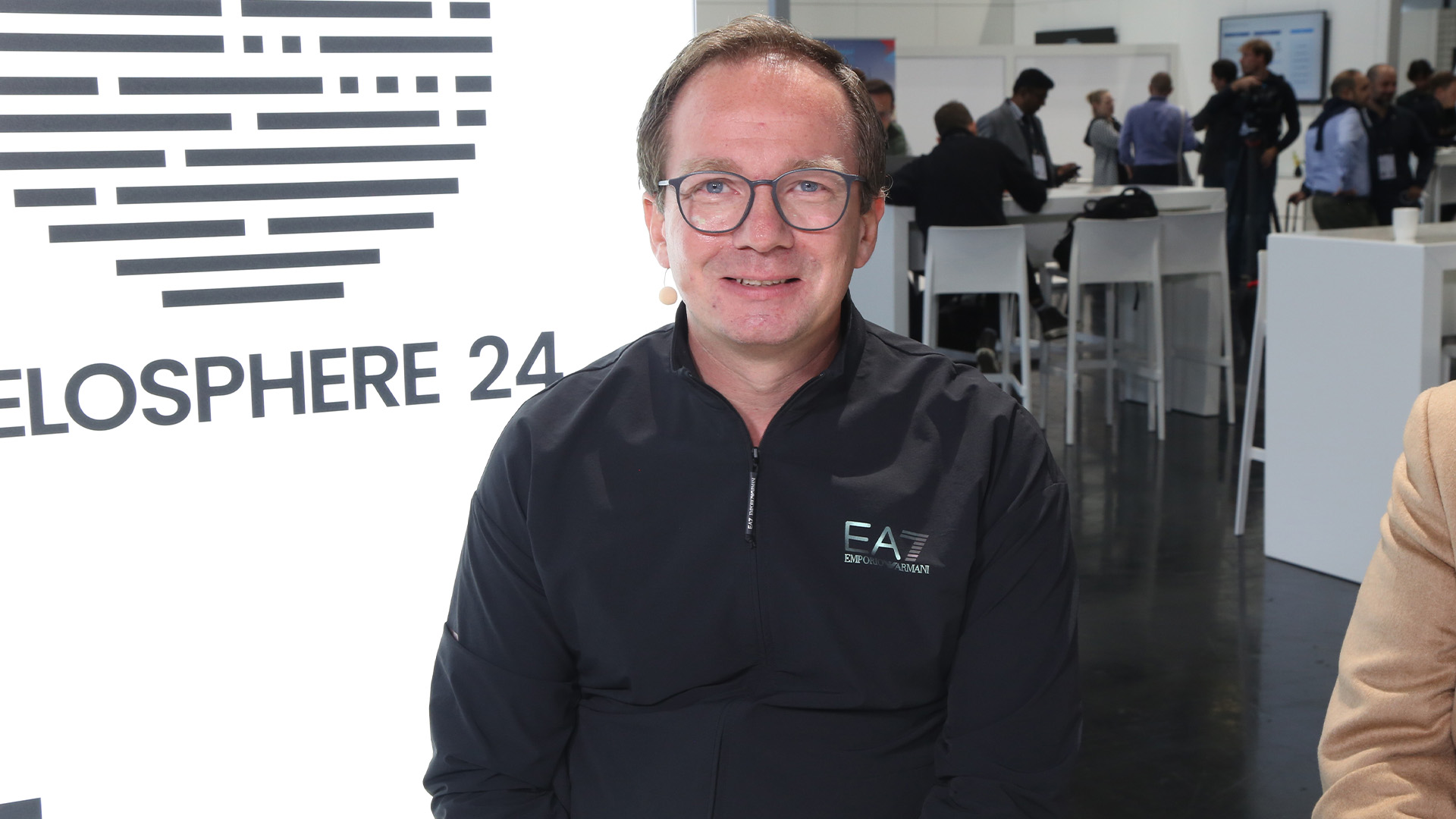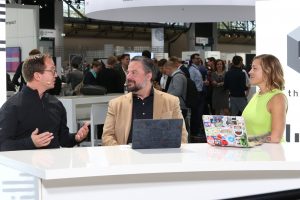 AI
AI
 AI
AI
 AI
AI
Healthcare is an essential societal function, drawing innovation from public and private sector involvement. Breakthroughs in business process mining and optimization are already porting over into the medical space, with Karl Storz SE & Co. KG harnessing the technology to optimize complex medical engineering fields such as endoscopy, integrative operating room solutions and robotic surgery.

Karl Storz’s Etienne Kneschke talks with theCUBE about redefining operational efficiency through process mining, transparency and AI innovation.
“We have to take thousands of things into mind when we manage processes and as we provide our products to our customers,” said Etienne Kneschke (pictured), executive director of business process management at medical instruments company Karl Storz. “We have to think about efficiency, effectiveness, costs and time, and [we] need to deliver our products as fast as possible. We also have to struggle with regulation, competition, digitalization and global supply chains.”
Kneschke spoke with theCUBE Research’s Savannah Peterson and Rob Strechay at Celosphere 24, during an exclusive broadcast on theCUBE, SiliconANGLE Media’s livestreaming studio. They discussed Karl Storz redefining operational efficiency through process mining, transparency and artificial intelligence innovation. (* Disclosure below.)
Celonis SE has been instrumental in bringing Karl Storz’s business process mining vision to life. The company implemented Celonis’ tools, allowing for a detailed end-to-end view of its operations. Beginning with high-impact processes, Karl Storz identified inefficiencies and standardized best practices across global operations, enhancing both speed and reliability, according to Kneshke.
“There’s regulations, policies, risks, controls, requirements, IT infrastructure, etc.,” he said. “Here, you get a holistic picture of your process. Process mining on the other hand … you can gather information about utilization rate, automation rate, performance in general, cycle times, costs, of course, etc. If you bring both together, then you have a holistic picture. You can make good decisions to manage your processes in the right direction.”
Looking ahead, Karl Storz aims to deepen the integration of Celonis process management and mining tools. This synergy would enable a seamless exchange of performance and operational data, fostering continuous improvements across departments, Kneshke explained.
“In the future, we want also to use AI to bring operational data to the processes,” he said. “AI can recommend [to] us, ‘OK, maybe this policy applies to this process, but it’s not met there. There are some requirements, and for this policy, you have to call for the entrance process. I can’t meet this requirement in this process.’ This is a cool thing because, for the time being, this is a manual thing.”
Here’s the complete video interview, part of SiliconANGLE’s and theCUBE Research’s coverage of Celosphere 24:
(* Disclosure: TheCUBE is a paid media partner for Celosphere 24. Neither Celonis SE, the sponsor of theCUBE’s event coverage, nor other sponsors have editorial control over content on theCUBE or SiliconANGLE.)
THANK YOU